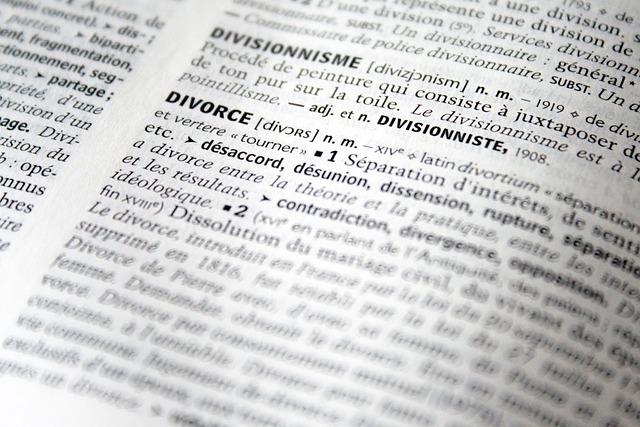Navigating complex environmental laws is crucial for business sustainability, requiring specialized attorneys to guide companies through regulatory labyrinths and avoid fines, legal issues, and reputational damage. Criminal law enforcement plays a vital role in safeguarding the environment by investigating ecological damage, prosecuting pollution and deforestation offenses, and collaborating with governments and community groups to educate businesses about their responsibilities. Enhanced understanding, consistent enforcement, education, and collaboration are key to preventing environmental crimes, ensuring a culture of stewardship across sectors and strengthening protection through shared intelligence and innovative solutions.
In today’s world, effective criminal law enforcement is increasingly tied to understanding complex environmental compliance laws. This comprehensive guide navigates the intricate landscape of these regulations, offering a detailed overview of key aspects critical to environmental cases. From recognizing violations to implementing successful prevention and prosecution strategies, this article equips readers with essential knowledge for tackling environmental crimes. Dive into these insights to unravel the intricacies of environmental compliance laws and bolster law enforcement efforts.
- Navigating Environmental Compliance Laws: A Comprehensive Overview
- Key Aspects of Criminal Law Enforcement in Environmental Cases
- Strategies for Effective Environmental Crime Prevention and Prosecution
Navigating Environmental Compliance Laws: A Comprehensive Overview
Navigating Environmental Compliance Laws requires a deep understanding of complex regulations designed to protect our planet. Businesses, from manufacturing giants to local enterprises, must adhere to stringent standards set by federal and state agencies. Failure to comply can result in substantial fines, legal repercussions, and damage to reputations. Understanding these laws is crucial for ensuring operational sustainability and avoiding costly mistakes.
Attorneys specializing in environmental law play a pivotal role in guiding respective business through this intricate landscape. Their expertise enables them to craft winning challenging defense verdicts, ensuring their clients’ rights are protected. By staying abreast of legislative changes and regulatory interpretations, these legal professionals help businesses navigate the labyrinthine environment, enabling them to meet their obligations while achieving their goals.
Key Aspects of Criminal Law Enforcement in Environmental Cases
Criminal law enforcement plays a pivotal role in environmental cases, requiring a deep understanding of complex environmental compliance laws. These regulations are designed to protect natural resources, preserve ecosystems, and ensure public safety from hazardous substances. Law enforcement agencies must navigate a labyrinthine web of federal, state, and local laws that address pollution control, waste management, and sustainable development practices. Effective enforcement involves not just penalizing violators but also educating businesses and communities about their environmental responsibilities.
Key aspects include investigating allegations of ecological damage, enforcing regulations on industries engaging in activities like deforestation, water pollution, or air quality violations, and prosecuting individuals and corporations guilty of white-collar and economic crimes related to environmental degradation. The reach of these laws extends across the country, impacting not just industrial giants but also small businesses and even philanthropic and political communities. Successful enforcement necessitates collaboration between federal agencies, state governments, and local community groups to foster a culture of environmental stewardship.
Strategies for Effective Environmental Crime Prevention and Prosecution
Environmental crime prevention and prosecution require a multifaceted approach. One key strategy is to enhance understanding of complex environmental compliance laws. This involves educating both businesses and law enforcement on the respective regulations, ensuring everyone operates within the confines of the law. Regular training sessions, workshops, and awareness campaigns can significantly contribute to this goal. By demystifying these laws, authorities can more effectively target and penalize offenders.
Moreover, collaboration among various stakeholders—including government agencies, industry leaders, and community groups—is essential. Sharing intelligence and best practices across the country can help identify emerging trends and develop innovative solutions. This collective effort not only strengthens environmental protection but also ensures consistency in the application of laws, ultimately leading to more successful prosecution in jury trials where evidence-based cases are presented.
In conclusion, understanding complex environmental compliance laws is paramount for effective criminal law enforcement. By navigating these intricate regulations, law enforcement agencies can proactively prevent and prosecute environmental crimes, fostering a sustainable future. Key aspects, such as thorough investigations, collaboration among stakeholders, and the adoption of innovative strategies, play a crucial role in this process. Through comprehensive overviews and practical approaches, we can ensure that environmental justice is served and that offenders are held accountable for their actions.






